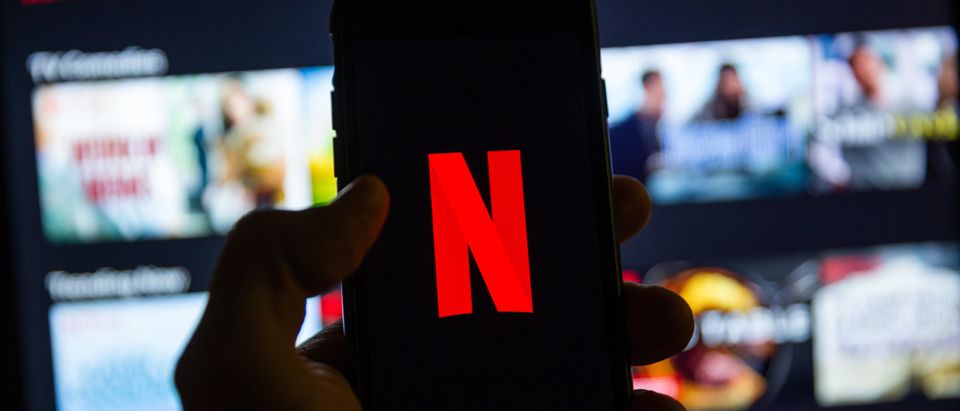Netflix published its first corporate culture memo update in nearly five years Thursday with a particular emphasis on censorship and how employees need to behave, according to Variety.
The “Netflix Culture – Seeking Excellence” memo reportedly added a new section called “Artistic Expression,” that explains to employees that even content they believe is “harmful” will not be censored, according to Variety. “If you find it hard to support our content breadth, Netflix may not be the best place for you.”
Variety suggested that the “Artistic Expression” part of the Culture document updates appeared to be, at least in part, a response to the backlash surrounding Dave Chappelle’s “The Closer,” which included commentary on transgenderism.
Dave Chappelle Breaks His Silence After Being Attacked Onstage https://t.co/tkqLdODE4S
— Daily Caller (@DailyCaller) May 6, 2022
Co-CEO Ted Sarandos defended Netflix’s decision to keep the special on the streaming platform, which led to a large employee walkout in protest, Variety noted. (RELATED: Sen. Rubio Goes After ‘Woke Corporations’ Paying For Employee Abortion Expenses)
“Entertaining the world is an amazing opportunity and also a challenge because viewers have very different tastes and points of view. So we offer a wide variety of TV shows and movies, some of which can be provocative,” the new memo reads, according to the outlet, “To help members make informed choices about what to watch, we offer ratings, content warnings and easy to use parental controls.
“Not everyone will like — or agree with — everything on our service,” the section continues, Variety noted, “While every title is different, we approach them based on the same set of principles: we support the artistic expression of the creators we choose to work with; we program for a diversity of audiences and tastes; and we let viewers decide what’s appropriate for them, versus having Netflix censor specific artists or voices.”
Netflix stock has plummeted in the first quarter of 2022, with shares dropping 35%. The company attributed this loss to growing competition and the easing of COVID-19 lockdowns.


